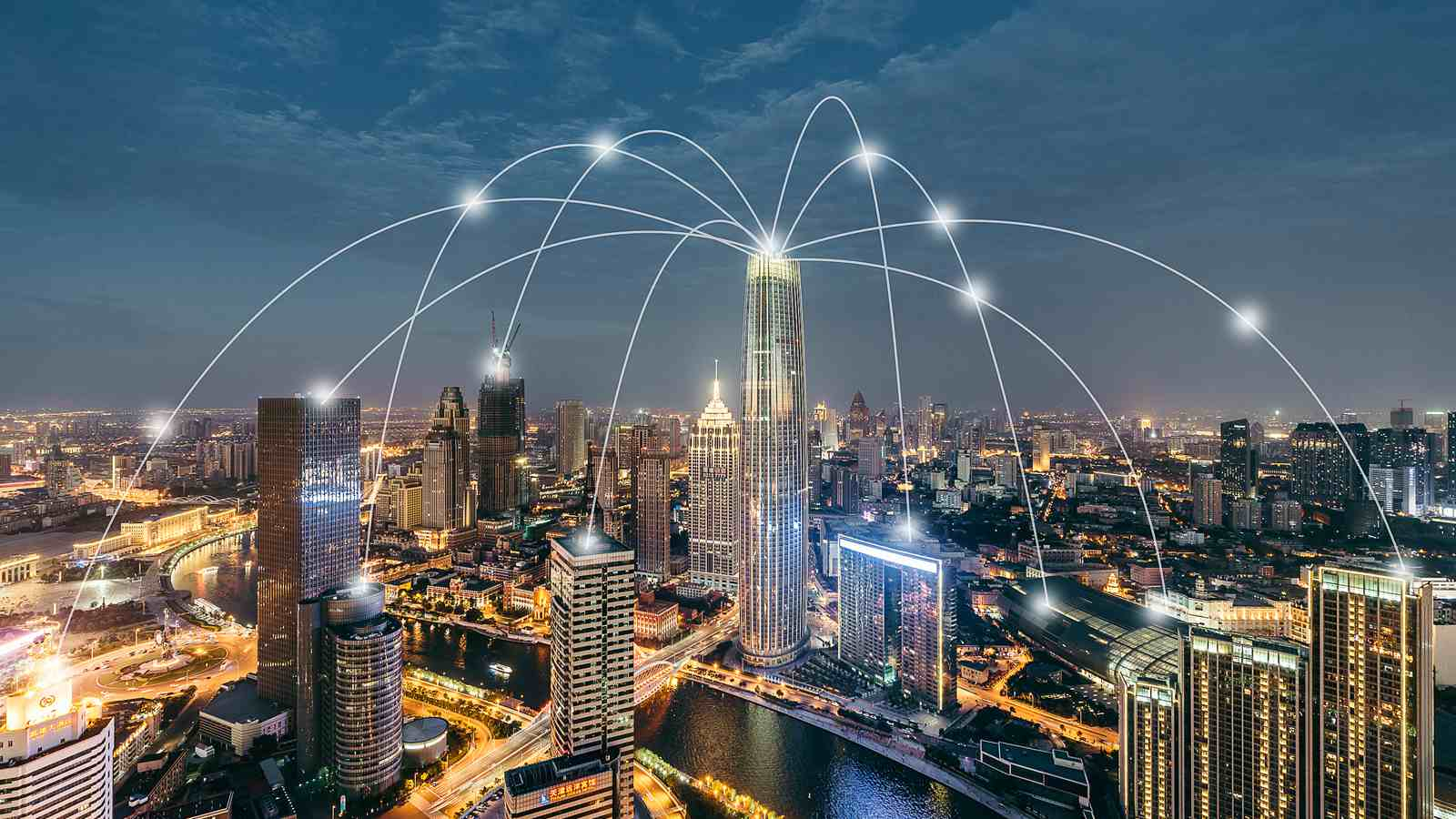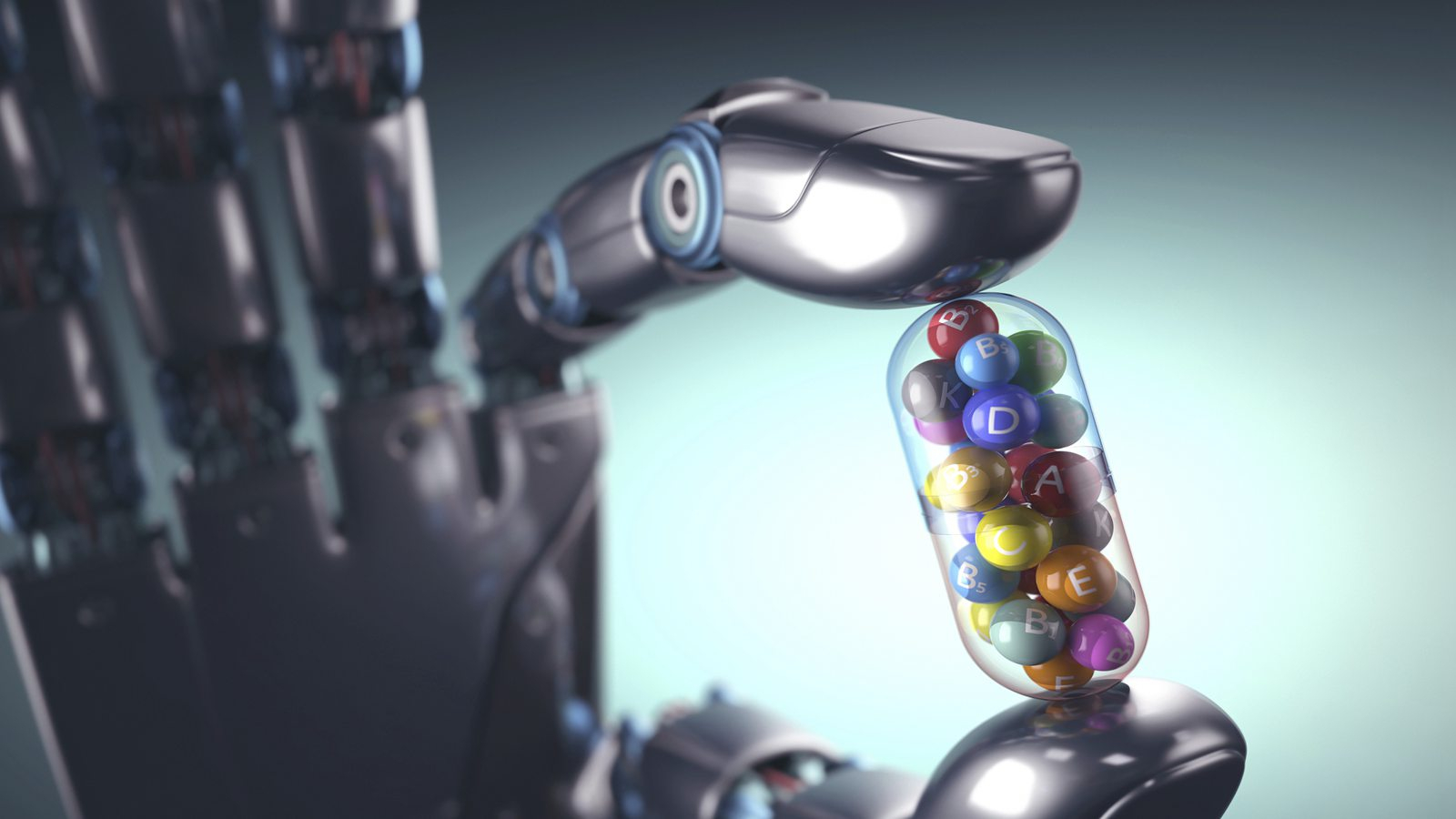
Business
20:25, 18-Sep-2018
What will a shift in trade and a revolution in technology bring?
Updated
19:25, 21-Sep-2018
By CGTN’s Xia Cheng
03:25

Tuesday marked the first day of the World Economic Forum (WEF) summer sessions in Tianjin and the biggest talking point has been how to be a global champion in an increasingly complex trade environment. That's where the discussion of technology and supply chains fits in.
The revolution in technology is rebuilding the global supply chain. That is a main topic derived from the theme of this year's WEF Tianjin, the Fourth Industrial Revolution.
Doug Merritt, president and CEO of American multinational corporation Splunk, believed that thanks to the Fourth Industrial Revolution, people can get more insights and information directly related to what they are interested in.
"Instead of taking something out of China and bringing something directly to China, we might need to do more to develop more partnerships and grow research capacities overseas," said Dr. Yuan Ding, vice president and dean of China Europe International Business School (CEIBS).

VCG Photo
VCG Photo
In the meantime, China is becoming increasingly health conscious. That is a vital sign for growth opportunities as the demand for top quality drugs and medical services is rising. That is why healthcare companies are investing in automation to make their global supply chain more precise and efficient.
Frank Hester, CEO & founder of the TPP, a healthcare technology company, said that advanced technologies, like artificial intelligence (AI) could help personalized medicines and choose best prescription for the patients.
However, China's lengthy new drug review and approval process is driving up the healthcare costs along the value chain. A Danish drug maker for diabetes, Novo Nordisk, is hoping for a change.
Its Senior Vice President Christine Zhou told CGTN that the company hoped to help accelerate innovation in China. "In the future, we plan to integrate China's development into global development system. And we aims to enable China and globe to have simultaneous clinical research," she added.
With the shift in global trade dynamics, companies will face stronger headwinds, such as geopolitical risks and rising labor cost. For business decision makers, it's time to invest in their own algorithms as computers outpace human brains. That is the way to stay ahead of the curve in the AI era.
109km

SITEMAP
Copyright © 2018 CGTN. Beijing ICP prepared NO.16065310-3
Copyright © 2018 CGTN. Beijing ICP prepared NO.16065310-3